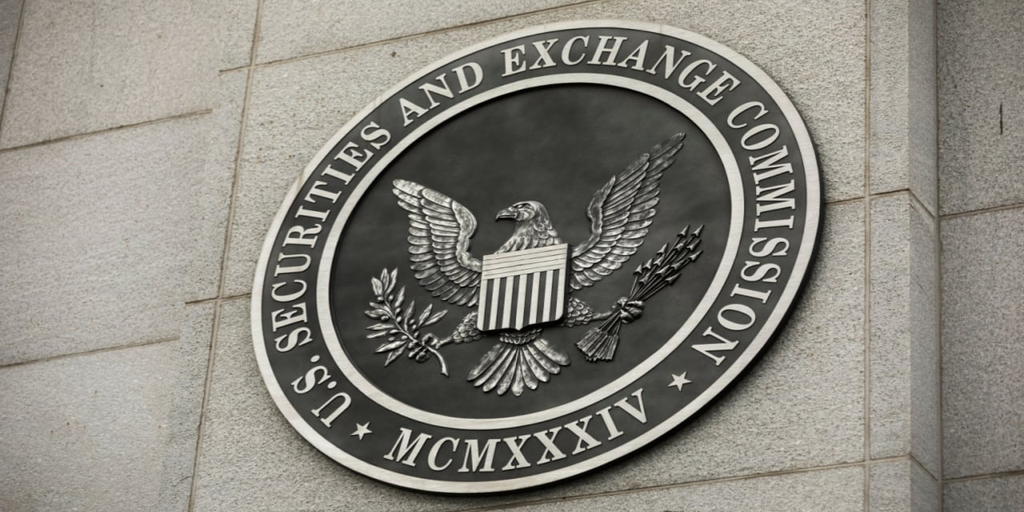
A federal judge denied a crypto firm’s request last week to dismiss an SEC complaint alleging that the sale of its purported mining hardware to customers constituted an investment contract. And while the move spurred some speculation on social media over the implications for such hardware, legal analysts say there’s no immediate reason for concern.
According to the lawsuit, filed in March 2023 in the U.S. District Court for the District of Utah, Green United allegedly defrauded investors of $18 million by selling them “Green Boxes” that failed to mine digital tokens called GREEN as promised. That’s because the Ethereum-based tokens couldn’t actually be mined, the suit claims.
The ongoing case forms federal regulators’ latest attempts to eradicate “garden variety fraud” within the cryptocurrency industry and beyond, lawyers told Decrypt.
“They gave people money and they wanted to profit off of it,” said Ishmael Green, a partner at law firm Diaz Reus. “This is a classic fraud case. It’s not even a real [crypto-centric] case.”
Although the lawsuit is another step in the grand scheme of U.S. crypto policy and the SEC’s approach to regulation by enforcement, another lawyer argued to Decrypt that it’s not as consequential to the future of the cryptocurrency industry as the agency’s litigation against Coinbase or Ripple.
“All of these cases are important, but this one is far less important,” said Terrence Yang, strategic advisor at Swan Bitcoin.
Given that Green United’s motion to dismiss the case has been denied, the lawsuit will go on to be heard in a federal court.
In its complaint, the SEC alleges the Green United deposited GREEN tokens into investors’ accounts “to create the appearance of a successful mining operation,” despite the fact that GREEN tokens, which are Ethereum-based ERC-20 tokens, could not be mined and did not come from mining-related activities at all.
The SEC also alleges that GREEN has no realizable value “contrary to representations made [by Green United] at the time” of its hardware’s sale. Green United has denied those allegations in a separate legal filing, however.
Ishmael Green, the Diaz Reus partner, told Decrypt that the SEC’s case is unlikely to have implications for typical mining hardware, which users operate to support networks and try to generate crypto rewards—like on Bitcoin. In this specific case, the SEC is alleging that mining wasn’t actually happening on the boxes sold to users.
It’s fine “so long as the mining rigs are sold with the understanding that the end user will be doing the mining,” he clarified, based on his understanding of the case. “In Green United, the mining rig was sold with an agreement that stated Green United would control and run the system,” he added.
The lawsuit also contains allegations that Green United’s so-called mining equipment—both the hardware (the boxes) and software (the nodes)—comprise a securities investment. That means the case could potentially have implications for hosted mining services, which Green United purported to offer, even though the SEC didn’t explicitly mention hosted mining in its complaint, Reed Smith counsel Hadas Jacobi told Decrypt.
In a posted statement, Green United attempted to paint the SEC’s case as a mischaracterization of what was actually happening, writing that SEC lawyers “try to change the law by classifying hosted mining as a security, a practice performed by numerous public companies.” Green United also said that it offered refunds to buyers, but that “only a very small minority of node owners requested a refund.”
Neither the SEC nor Green United responded to Decrypt‘s requests for comment.
While the SEC and Green United are still locking horns about the legitimacy of the crypto firm’s business and the classification of its mining equipment, the judge overseeing the case is far from making any determinations, lawyers told Decrypt.
“The recent ruling… makes a much more limited determination,” Jacobi said.
According to Jacobi, the judge’s rejection of Green United’s motion to dismiss the case isn’t a ruling in favor of the SEC’s arguments, but rather a declaration that he simply intends to hear the case instead of throwing it out.
Green United’s unsuccessful attempt to dismiss the case isn’t much of a surprise, as firms commonly request dismissals, according to lawyers that spoke to Decrypt. That’s because filing such a request typically has benefits for defendants, regardless of whether or not they have actually violated federal securities laws.
Filing to dismiss a case “is almost like getting two bites at the apple for doing the bare minimum,” Green told Decrypt. “The [defense] receives additional time, and they also get to come up with additional legal theories as to why they’re innocent.”
Edited by Andrew Hayward
Daily Debrief Newsletter
Start every day with the top news stories right now, plus original features, a podcast, videos and more.










